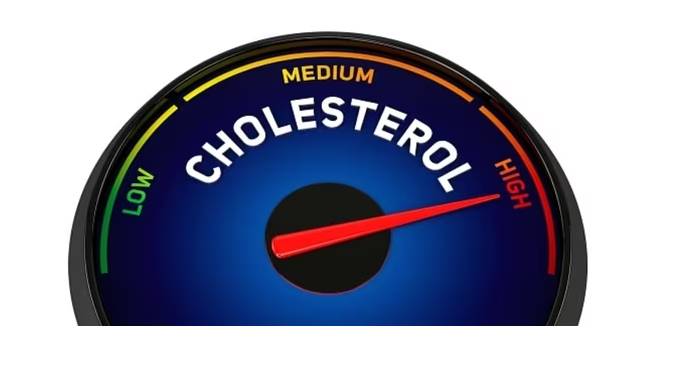Expert Advice on Managing Cholesterol for a Healthy Heart: Key Tips

In the pursuit of a healthy heart, understanding and managing cholesterol levels are crucial. High cholesterol, particularly LDL-C or “bad cholesterol,” significantly increases the risk of heart diseases and other cardiovascular problems. According to health experts, almost a quarter of all deaths in India are attributed to heart diseases, underscoring the urgency of being well-informed about heart health.
Dr. Rahul Sharma, a prominent cardiologist, emphasizes the importance of regular check-ups and proactive cholesterol management. He highlights that a considerable number of patients diagnosed with heart diseases have high cholesterol levels. Many individuals are unaware of the connection between cholesterol and heart diseases, making it vital to comprehend and maintain cholesterol levels, including HDL-C (good cholesterol) and LDL-C.
Indians face a higher risk of cholesterol-related heart problems due to genetic predisposition, lack of physical activity, and suboptimal dietary habits. The Indian Heart Association reports that LDL and total cholesterol levels among Indians are higher compared to other Asians. Additionally, the prevalence of hypertension and diabetes further exacerbates the risk of cardiovascular complications. Prioritizing cholesterol management and maintaining a healthy lipid profile are essential components of overall cardiovascular well-being.
Contrary to common misconceptions, managing cholesterol extends beyond just adhering to a healthy diet. While consuming fat-free, organic vegetables is beneficial, it does not guarantee cholesterol control. Effective cholesterol management requires a comprehensive plan, encompassing a balanced diet, regular physical activity, and adherence to prescribed medications. This multifaceted approach is essential to keep LDL-C levels within the target range and mitigate the risks associated with high cholesterol.
Understanding the intricate relationship between cholesterol, especially LDL-C, and heart diseases underscores the importance of proactive management. It is imperative to consult a healthcare professional promptly if there is a risk of high cholesterol. By taking action early, individuals can significantly contribute to their heart health and overall well-being.






